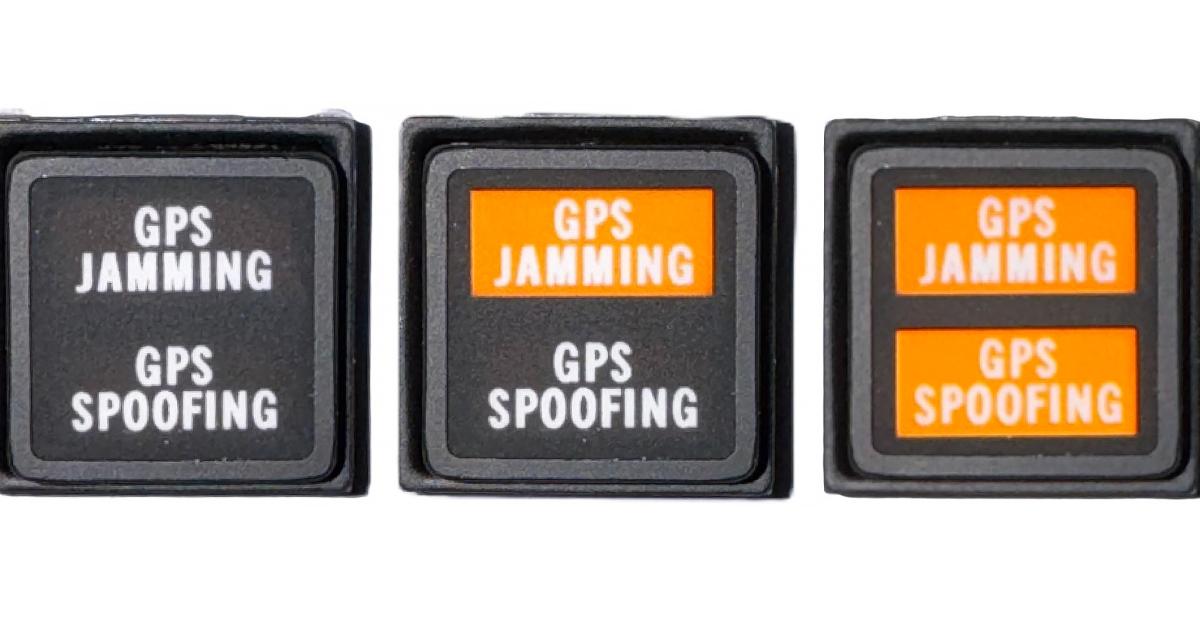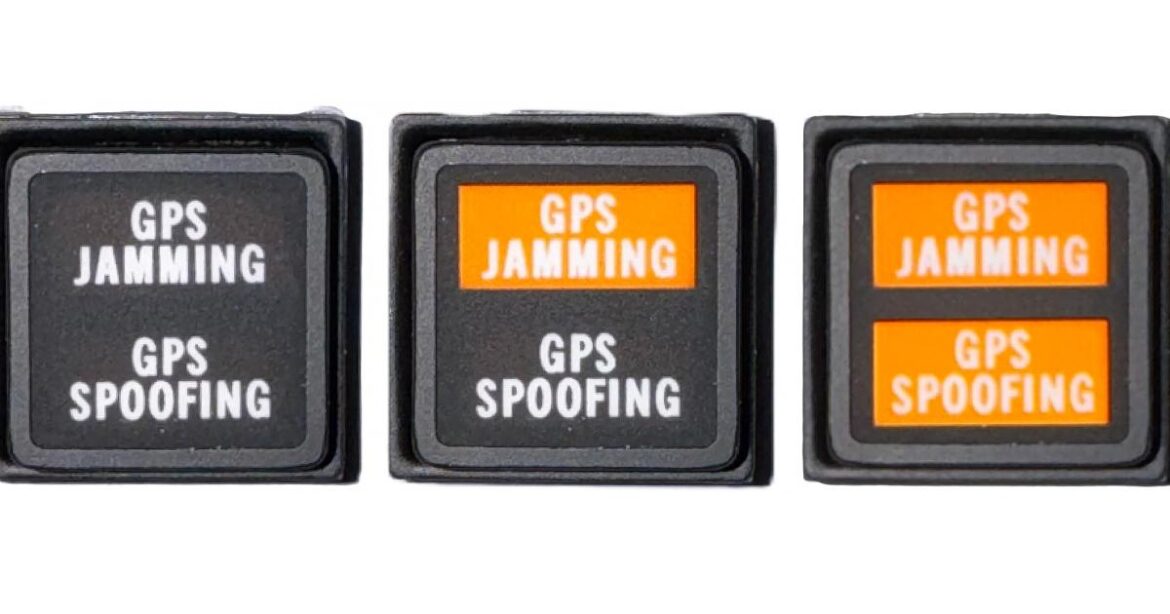-
 play_arrow
play_arrow
Sky Blue Radio KSBR - Sky Blue Radio, Denver
 Aerosmith - Love In An Elevator
The weekend
erik
Aerosmith - Love In An Elevator
The weekend
erik
 Ghost - Dance Macabre
boy tobii
Erik
Ghost - Dance Macabre
boy tobii
Erik
 Gerry Rafferty - Right Down the Line
The weekend
Gerry Rafferty - Right Down the Line
The weekend
The add-on to Airtext+ will be available in April.
Send Solutions has engineered an add-on to its Airtext+ Iridium satcom that can not only identify and report GPS jamming or spoofing but also help pilots stay on the proper track when such incidents cause faulty navigation inputs. In addition to the Airtext+ and Iridium antenna, Send’s Spoof Proof system requires an annunciator, either carried on board as temporary equipment or installed in the flight deck. According to Send Solutions, “This is the first independent spoof-proofing product to market.”
During a spoofing attack on an aircraft equipped with global navigation satellite system (GNSS) receivers (which could include GPS, Europe’s Galileo, Russia’s Glonass, China’s BeiDou, India’s Navic, and Japan’s QZSS), incorrect GNSS signals make the aircraft’s navigation system show a position that could be hundreds of miles off course. “The errors created affect a myriad of aircraft navigation [systems] and can send safety equipment into failures,” according to Send Solutions. Jamming overwhelms weak GNSS signals and makes GPS and other GNSS receivers unable to provide position information.
“It’s not just the Middle East,” said Send Solutions founder and CEO David Gray. “The whole South China Sea area is susceptible, and there is a lot going on in Africa, Ukraine, and Russia.” In a worst-case scenario, he worries that an aircraft deceived by spoofing could stray into restricted or dangerous airspace and be either forced or shot down. “What if some important CEO or well-known person like Taylor Swift had to land in someone else’s airspace? The world would go nuts.”
By monitoring at least four GNSS constellations and Arinc 429 flight management system (FMS) labels, Airtext+ can compare the aircraft’s FMS position to a known good position and detect jamming and spoofing quickly, then notify the crew via the annunciator that there is a questionable navigation status. “Once we hit a set deviation beyond that, we notify the pilots that something is going on,” Gray said.
At the same time, Airtext+ sends a text or email message to air traffic control and designated entities such as a company’s dispatchers to notify about the corrupted position information. Finally, Airtext+ uses the last known qualified position to provide a high-resolution dead reckoning position that pilots can input into the FMS to facilitate continued navigation. The benefit of using Iridium to provide a good navigation solution is that its signals are “one thousand times more powerful than GPS,” he said.
“There’s a huge vulnerability in our current navigation systems,” said Gray, who has been flying for 55 years and spent six years as an Air Force navigator and instructor before working on early FMS development. The U.S. and Europe’s plans to decommission VORs are short-sighted, he explained, leaving too much reliance on GNSS and its vulnerabilities. Ground-based VORs and DME provide a reliably accurate backup in case of jamming and spoofing, but only if these stations are in range. “We need this independent source [of navigation information]. That’s why DME-DME and VOR-DME are failing. [The FMS] goes through its library to find applicable DME and can’t find anything.”
When a jamming or spoofing event occurs, Gray recommends switching the autopilot to heading mode immediately, then deselecting GNSS from the FMS, exiting hybrid navigation mode, and transitioning directly to inertial navigation/reference system. “You don’t want to corrupt your positions,” he said. If equipped with Airtext+, its annunciator will first flash to catch the crew’s attention and then stay steadily lit until the event ends.
Airtext+ can also display a moving map on a cabin iPad display or on a crew’s iPhone. The crew can use this map to see the aircraft’s position and compare the dead reckoning track to the FMS-computed track and also use the position on charts to find locations of VOR and DME stations. “This is the value of seeing where you are on the map,” Gray said. “And it works anywhere in the world.”
Send Solutions has been testing the Airtext+ spoof-proofing technology since January and expects to release it in April. Flight testing has been done on a Falcon 10, Citation X, and Learjet 60. Airtext+ can interface with FMSs from Collins, Garmin, Honeywell, and Universal Avionics. Its list price is $18,500 plus another $3,000 for the spoof-proofing feature, and it features include worldwide voice calls, email, texting, and the cabin moving map.
Written by: JT
Similar posts
Copyright @skyblueradio




